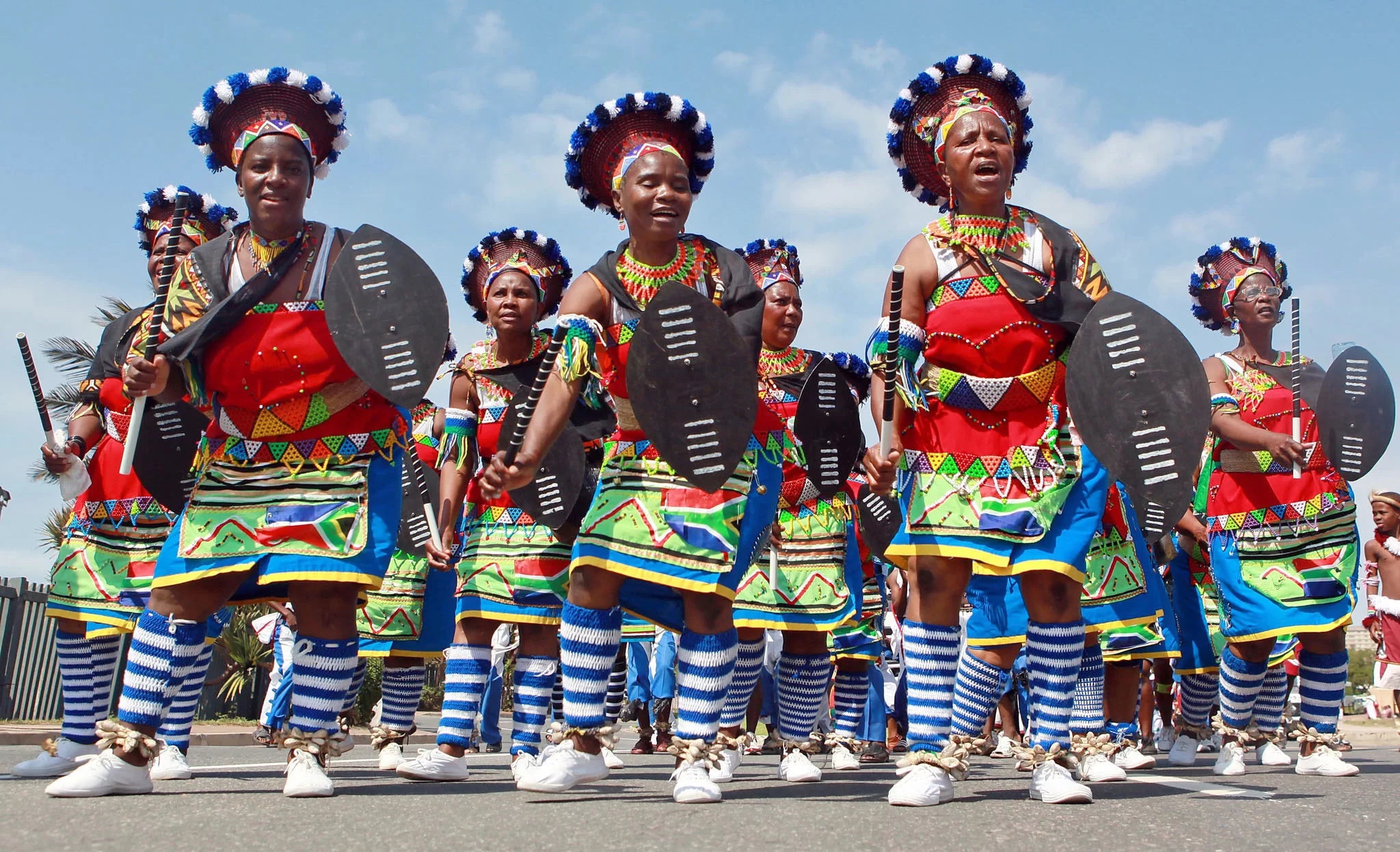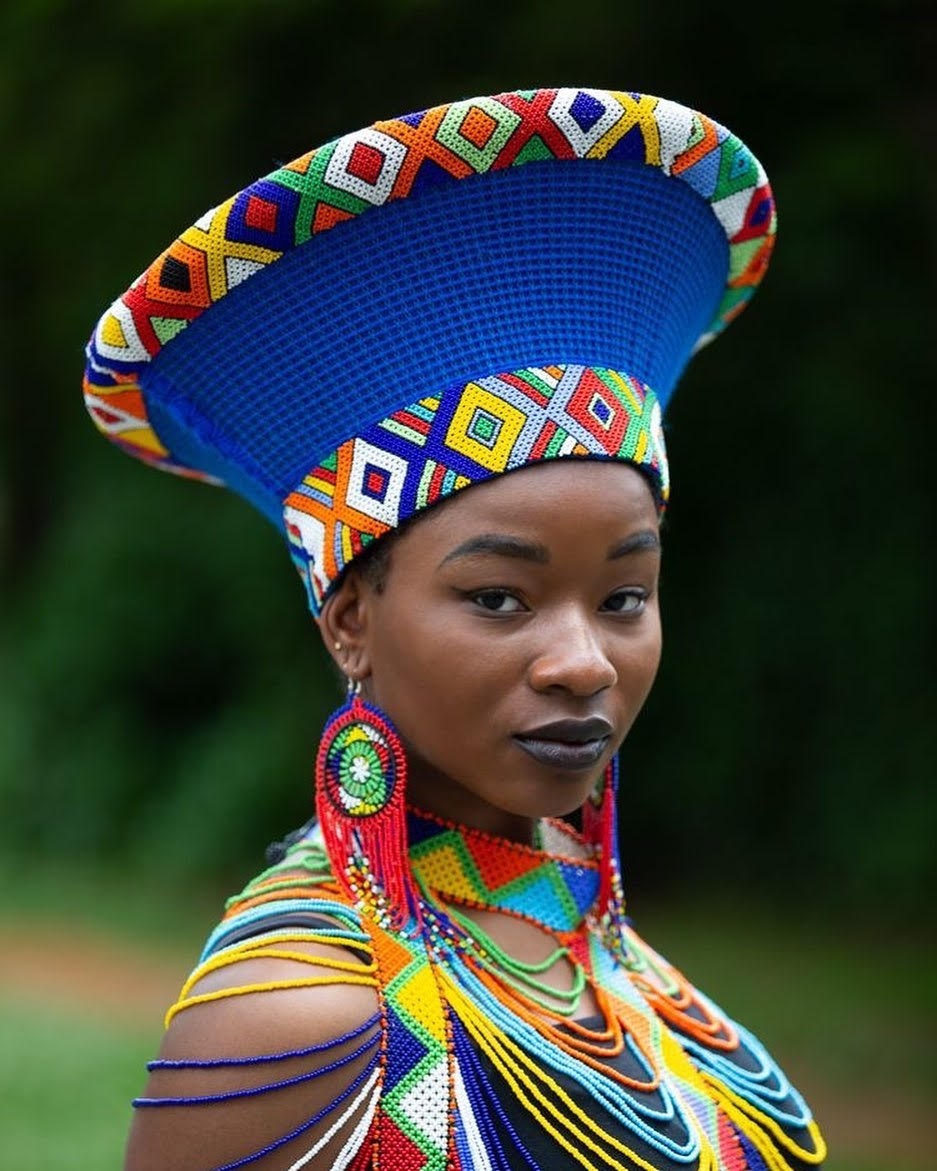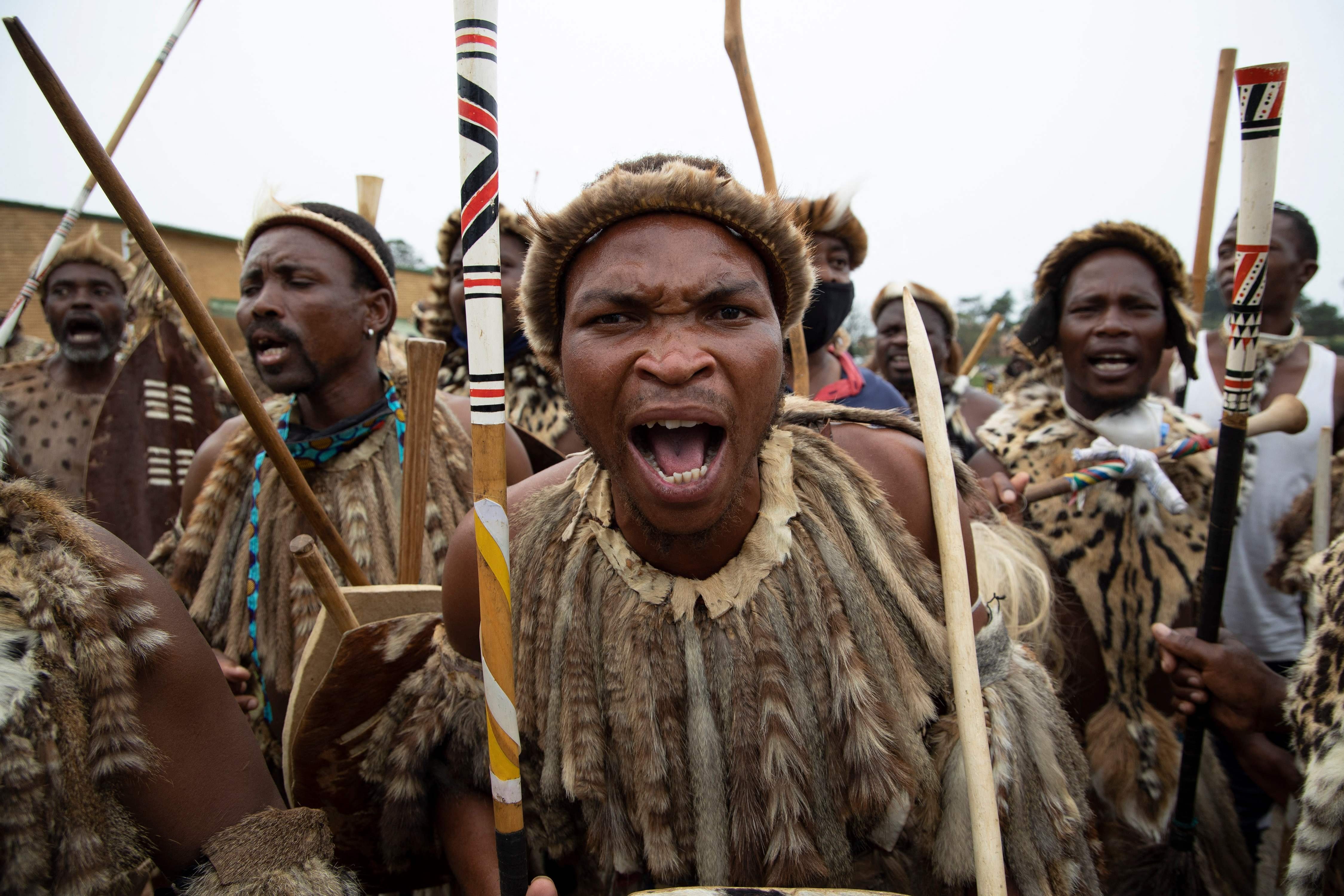Zulu clan names, you see, are truly the authentic African identity for the Zulu people living in South Africa. They represent a deep, personal connection to a rich heritage and a sense of belonging that runs through generations. It's like a thread, really, that ties individuals to their family story and the broader community, making them feel part of something much bigger than just themselves.
For anyone curious about these important names, we have put together a helpful collection of their family names, presented in an easy-to-follow alphabetical arrangement. This makes it quite simple, you know, to look up a particular name or just browse through the different ways these identities are expressed. You can, for instance, find out about the Zulu clan names and other family names, which are a truly core part of the Zulu way of life and who they are as a group.
This collection offers a chance to discover what each name means and where it comes from. You can also see examples of well-known individuals who carry these Zulu names, which, in a way, brings the history to life. It's a bit like opening a window into a fascinating part of South African culture, where every name tells a story of its own, so it's almost a privilege to explore them.
- Happy Birthday My Love Msg
- Where Is Emma Chamberlain From
- Chris Rick Wife
- Good Evening Evening
- Rick Ross And Tia Kemp
Table of Contents
What Makes Zulu Surnames So Special?
When we think about identity, especially in African societies, names hold a very significant place. Zulu clan names, or 'izithakazelo' as they are also known, are actually the true heart of African identity for everyone who is Zulu. This means that these names are not just labels; they are deeply woven into the very fabric of who a person is, providing a constant link to their origins and their people. It's a powerful thing, you know, to have such a clear connection to your past.
You can find out about the meanings and the places of origin for these Zulu names, which are used by the Zulu people in South Africa and also by other groups who share similar cultural ties. This shows that the influence of these naming traditions spreads a little wider than just one specific group, connecting various communities through shared linguistic and historical threads. It’s quite interesting, really, how these names bridge different parts of a larger cultural family.
We've made it easy to look through a collection of fourteen family names that have been put forward, complete with some examples and ways to sort them, so you can find what you are looking for. This helps a lot if you want to get a real feel for the kinds of names that exist and how they might be used. It's a bit like having a helpful guide to a very special part of a people's history, which is pretty neat, in some respects.
- Jace Norman Henry Danger Now
- Who Is Tallest Actor
- Who Is Khloe Kardashian Baby Daddy
- Pape Francois Net Worth
- Kanye Wife Grammys 2025 Outfit
How Do Zulu Surnames Connect to Identity?
Just as it is in many cultures around the globe, and particularly so across Africa, giving a child a name that fits with what the clan expects is a very big part of their identity. This practice ensures that each child, as they grow, feels a strong sense of belonging and an awareness of their place within the wider family group and community. It really does help to shape who they are, providing a solid foundation, basically, for their personal story.
So, a question often comes up: what exactly are the clan names of the Zulu people? These names are a central piece of their cultural make-up, each one carrying a story and a lineage. They are not just random words; they are carefully chosen expressions of family history and group affiliation, something that every Zulu person recognizes and values. It’s a very important way of understanding their social structure, too it's almost like a map of their relationships.
A list exists, for instance, of thirteen family names that come from the Zulu language itself, names such as Buthelezi, Dube, and Zuma. These particular names are actually rooted in the Bantu languages, a larger family of tongues spoken across many parts of Africa, and they are quite commonly heard throughout South Africa. This linguistic heritage adds another layer to their significance, linking them to an even older and broader cultural tradition, that is just so rich.
Exploring the Roots of Zulu Surnames
The Zulu people, who represent the largest ethnic group within South Africa, have a very long story of choosing names for their children with much thought and a great deal of consideration. This shows a deep respect for the act of naming, seeing it as more than just a simple formality, but rather a meaningful step in welcoming a new person into the family and community. It is a tradition that has been passed down for many, many years, you know, showing how much care goes into it.
Within Zulu culture, family names, or last names, are quite often taken from the names of ancestors. This practice serves a very important purpose: it is a way to show great respect for those who came before and to keep a strong connection with their heritage. It ensures that the wisdom and spirit of past generations continue to be felt and remembered by those living today, creating a continuous thread through time, which is pretty powerful.
You can actually look at a very full collection of Zulu clan names and family names, and from this, gain a good sense of what they mean and learn about notable individuals who carry them. This kind of information offers a deeper appreciation for the names themselves and for the people who bear them, giving you a fuller picture. It’s a truly fascinating way to get to know more about this remarkable culture, in a way, as a matter of fact.
Where Can You Find Lists of Zulu Surnames?
The Zulu people are well-known for their very special way of life and their particular customs. Their clan names and family names are also quite well-liked and recognized by many. This widespread recognition points to the unique appeal and cultural resonance that these names hold, making them stand out in the broader tapestry of South African identities. They have a certain charm, you see, that captures people's interest.
There is, for instance, a collection of names where the typical use is Zulu. This means that these names are primarily, or even exclusively, associated with the Zulu language and its speakers. It helps to classify them and understand their specific cultural context, showing how deeply rooted they are in the linguistic landscape of the Zulu people. It's a straightforward way, basically, to identify names that belong to this specific group.
The Zulu nation itself is made up of various family groups, or clans, and each of these groups is guided by a different leader, a king, who reports to the president of South Africa. This structure shows a unique way of organizing society, blending traditional leadership with modern governance. Furthermore, distinct names really help to tell these different clans apart, providing a clear way to distinguish one group from another, which is quite practical.
Zulu Surnames - A Look at Their Cultural Significance
Most people from these different family groups often add their clan family names to their own individual names as a way of showing who they are. This practice is a very common method of identification, making it clear which clan a person belongs to and reinforcing their connection to that group. It’s a very visible sign of their heritage, and it helps to maintain the social bonds within the larger Zulu community, so it's almost like a public declaration of family ties.
To give a general idea, the Zulu people, who are a very important ethnic group in South Africa, have a rich way of naming that is deeply connected to their way of life and their past. This tradition is not something that was just recently made up; it has grown and developed over a very long time, carrying with it the stories and experiences of many generations. It truly shows how much value they place on their roots, you know, and how they keep their history alive.
Zulu family names play a very important part in their society, as they show significant details about a family’s bloodline, their ancestors, and the values they hold dear. These names are like living records, carrying bits of history and moral lessons from one generation to the next. They are not just for identification; they are carriers of meaning, reflecting the core beliefs and shared experiences of the family group, that is just so meaningful.
Why Are Zulu Surnames Passed Down Through Generations?
Zulu family names are usually given from one generation to the next, ensuring that the legacy of the family continues without interruption. This tradition creates a strong sense of continuity and a shared history among family members, linking them across time. It is a way of preserving the past while also looking to the future, making sure that what came before is never forgotten, so it's almost like a living history book.
There is a collection of names where the origin point is Zulu, meaning these names specifically come from the Zulu language and culture. This helps to pinpoint their true source and emphasizes their connection to the Zulu people. It provides a clear indication of their linguistic and cultural roots, making it easy to understand where these unique names truly belong, that is, in some respects, quite helpful for researchers and curious minds.
Zulu is a language spoken by the Zulu people of South Africa. This simple fact underlines the linguistic foundation of these names, showing that they are not just arbitrary sounds but are deeply embedded in the sounds and structures of the Zulu tongue. The language itself is a carrier of culture, and the names are a beautiful expression of that language, basically, making them even more special.
The Role of Zulu Surnames in Clan Identification
When it comes to Zulu family names and 'izithakazelo', this is the place to go to find Zulu clan names, which are also called 'izithakazelo'. You should feel free to look for the clan names or historical details you want in the search box. This makes the process very user-friendly, allowing anyone to quickly access information about these important cultural markers. It's a pretty useful tool, you know, for getting to the heart of things.
You can discover the Zulu clan names and how important they are in African culture on this informative page. It offers a chance to understand the deeper meaning behind these names and their place in the broader cultural landscape of the continent. This kind of exploration helps people appreciate the richness and diversity of African heritage, which is really something to see. It shows, in a way, how interconnected everything is.
Looking into Zulu clan names and the importance of Zulu clan names, or 'izithakazelo', shows that they hold a very deep value within the cultural history of the Zulu people. These clan names are much more than just simple ways to tell people apart. They are, in fact, like vessels that hold history, tradition, and the shared memories of ancestors. They carry a heavy weight of meaning, basically, connecting the present to a very long past.
Zulu Surnames - More Than Just a Name
These clan names truly serve as something more than just simple ways to identify someone. They actually carry with them history, the way things have always been done, and the shared memories of those who came before. This means that each name is a living piece of the past, connecting individuals to a long line of family members and to the collective experiences of their people. It's a pretty powerful connection, you know, that runs deep.
Family names are a very important part of South African culture as a whole. They are not just unique to the Zulu people but are a common thread that runs through many different ethnic groups across the country. This broader importance shows how deeply rooted the concept of clan identity is within the entire nation. It’s a fundamental aspect of how people understand themselves and their place in the world, that is just so vital.
You can also look into the clan names of the Xhosa, Swazi, and Ndebele peoples, as well as the Zulu. This helps to show that while each group has its own special names, the idea of clan names as a source of identity is something they all share. It highlights the common threads that run through various South African cultures, making them feel connected through these shared traditions. It’s a truly interesting comparison, you know, to see how these different groups express similar values.
- Andy Cohen And Partner
- Country Artists Top 100
- Anime For Gays
- Alicia Keys Life Biography
- What Happens When You Restrict Someone



Detail Author:
- Name : Thelma Morar
- Username : turner.janice
- Email : emely.stiedemann@hotmail.com
- Birthdate : 2002-06-13
- Address : 69362 Kris Circle Port Pabloberg, RI 78937-6947
- Phone : +1 (540) 842-9111
- Company : Bashirian PLC
- Job : Steel Worker
- Bio : Et necessitatibus incidunt quibusdam eveniet nemo. Nostrum magnam quis voluptatum fuga nesciunt rem necessitatibus. Porro assumenda quod voluptatibus minima.
Socials
twitter:
- url : https://twitter.com/danny_real
- username : danny_real
- bio : Eos totam debitis sint repellat ut. Adipisci nisi sint eaque nobis. Cum commodi ducimus ipsum est.
- followers : 1692
- following : 179
tiktok:
- url : https://tiktok.com/@danny.o'kon
- username : danny.o'kon
- bio : Unde eveniet sed eaque. Sint recusandae nisi eos.
- followers : 5770
- following : 1563
instagram:
- url : https://instagram.com/danny2825
- username : danny2825
- bio : In porro et maxime qui. A vel eos sit neque.
- followers : 381
- following : 910
facebook:
- url : https://facebook.com/danny_dev
- username : danny_dev
- bio : Eius quibusdam sit dignissimos laudantium aut accusamus.
- followers : 5052
- following : 1190
linkedin:
- url : https://linkedin.com/in/danny_id
- username : danny_id
- bio : Quia esse quia porro enim.
- followers : 5514
- following : 1772
